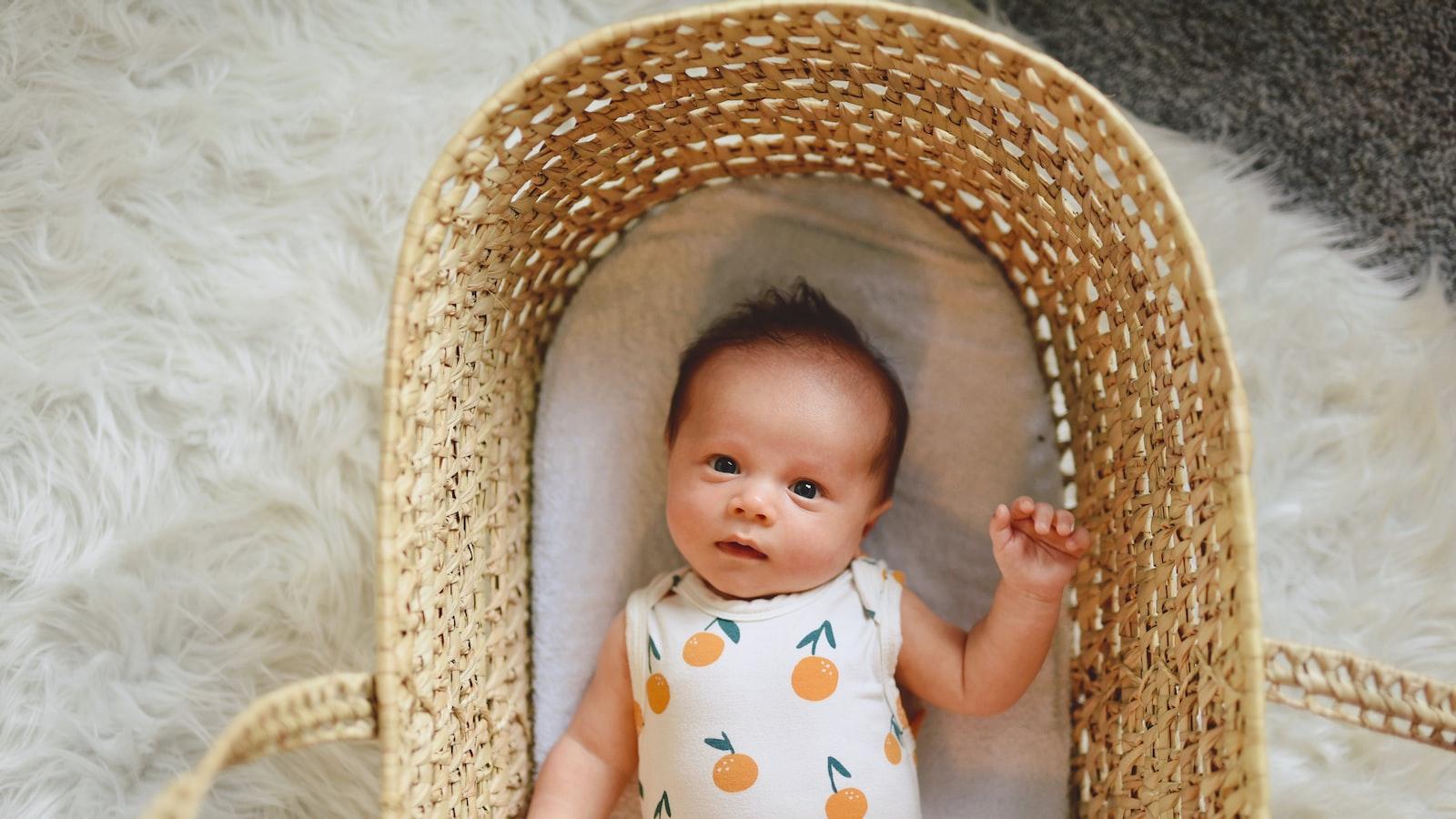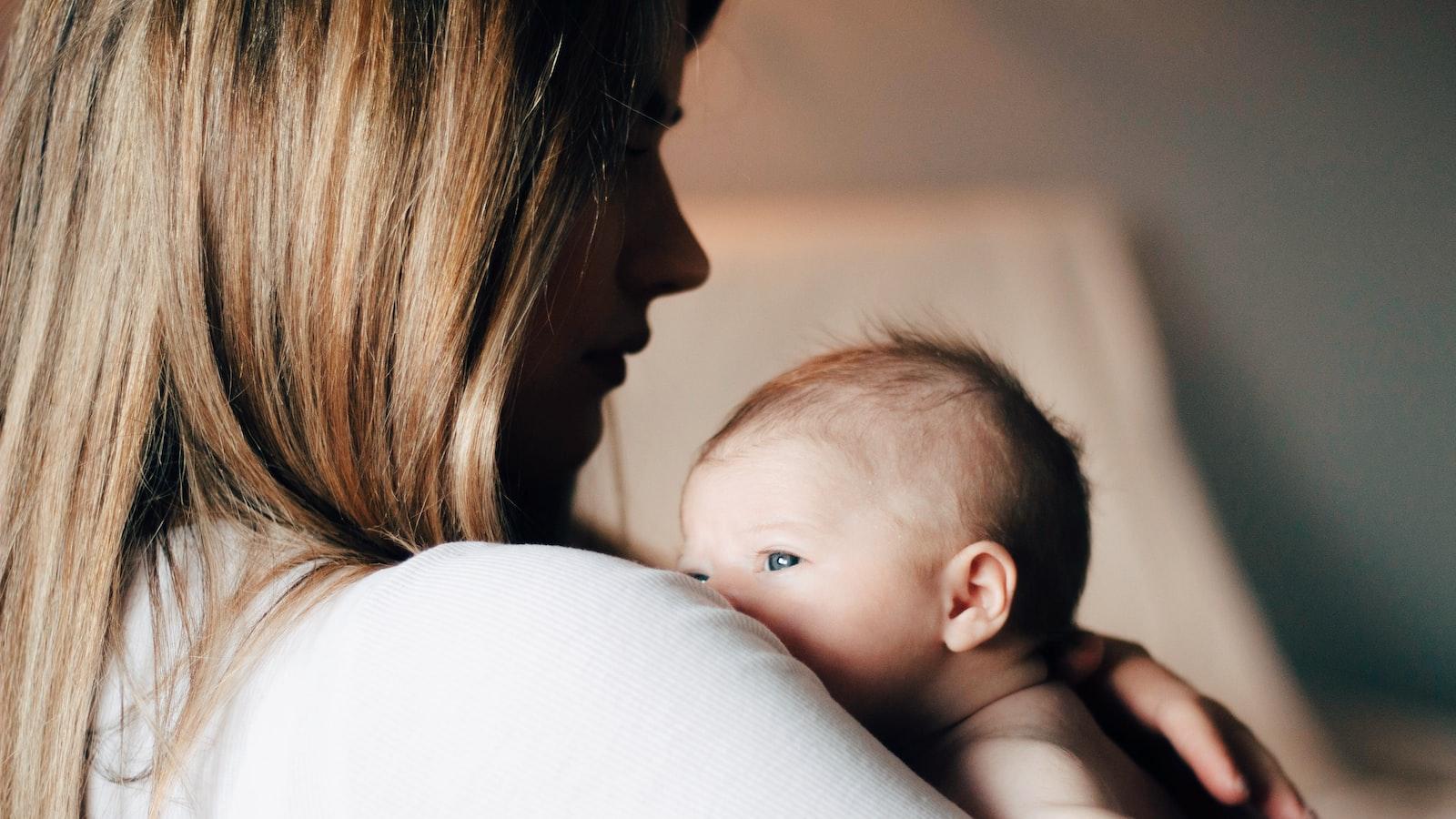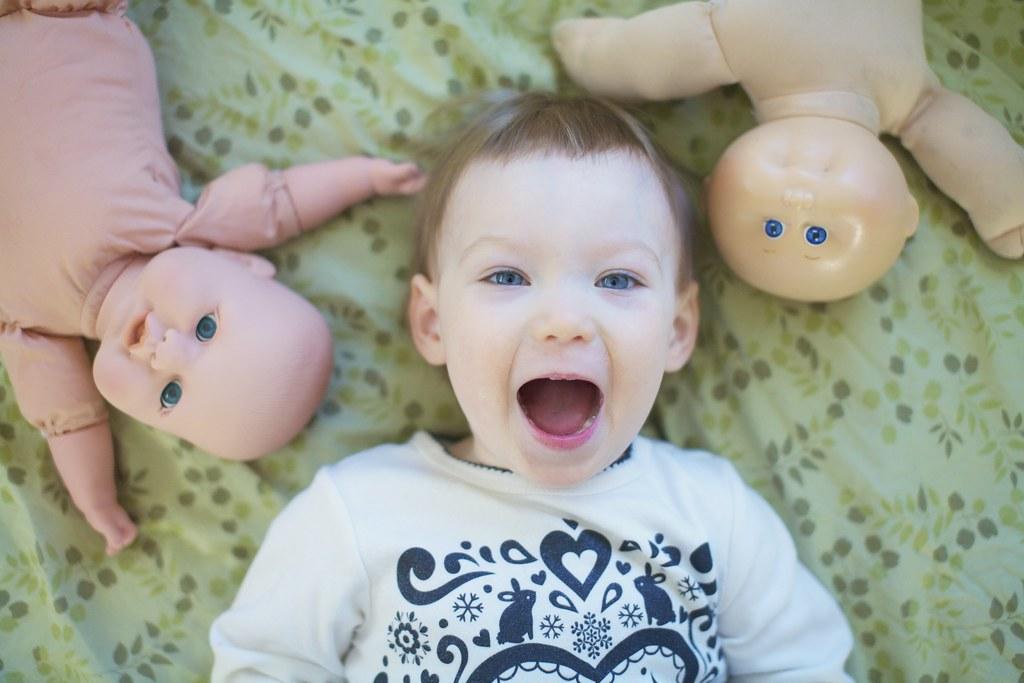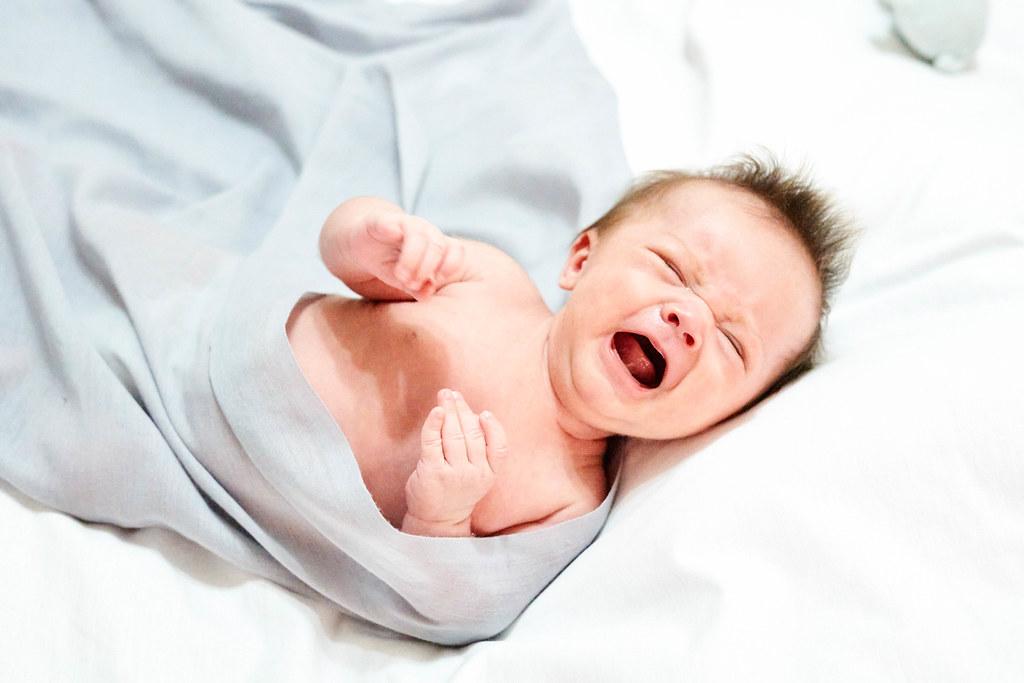If your baby doesn’t burp after eating, it can be concerning. Burping helps release air that can build up in the stomach during feeding, and is an important part of digestion for babies. In this article, you will learn why your baby might not be burping after eating and what you can do to help them.The most common cause of a baby not burping after eating is incorrect positioning. If the baby is not held upright during and after feeding, it can be difficult for air to escape and cause the baby to become uncomfortable. Other causes can include overfeeding or gulping too much air while feeding.
Why is It Important to Burp a Baby After Eating?
Burping a baby after eating is an important part of infant care. Burping helps to relieve the stomach from trapped air that can cause discomfort or pain. This is especially important for young infants who are still learning how to feed and digest food properly. Burping also helps prevent the regurgitation of milk, which can be messy and bothersome for both baby and parent alike.
Burping should be done after each feeding session, typically after every two ounces of formula or breastmilk. It helps the baby get rid of extra air that they may have swallowed while feeding, which could cause stomach discomfort or gas pains. During a burp, the baby should be held upright against your shoulder with their head slightly bent forward. You can gently pat their back until you hear the release of air (or a burp).
If your baby has difficulty burping during or after feedings, try different positions and techniques such as switching sides during feeding or breastfeeding in different positions like laying down on your side or sitting up in a chair. Some babies also prefer smaller, more frequent feedings rather than large amounts at once, so it may help to break up feedings into smaller increments throughout the day.
Burping is an important part of helping an infant feel comfortable and content after eating and it can help prevent regurgitation and other digestive discomforts. Make sure to take time to burp your baby after each mealtime!
Helping a Baby Who Refuses to Burp
Babies often need to burp during or after feeding, but some may refuse to do so. In these cases, it can be helpful for parents and caregivers to try different methods of getting a baby to burp.
The first step is to jiggle the baby gently while holding them upright against the shoulder. This helps encourage the release of air from their stomach. Parents may also use a “burping position” in which the baby is held over the shoulder and patted gently on their back.
In some cases, a warm compress may be used over the baby’s back, as this can help relax them and make them more likely to let out a burp. Some parents also find that rubbing the back with circular motions can be effective in encouraging burping.
If none of these methods are successful, it may help to switch positions and try again. For example, parents can try holding their baby upright in their lap or lying down on their back and gently patting them on their chest instead of their back.
It is important for parents to remember that if a baby does not burp after feeding, this is not necessarily cause for concern as long as they are content afterwards. However, if they seem uncomfortable or are spitting up more than usual after feedings, it is best to consult with a doctor in order to rule out any potential underlying digestive issues.
Holding a Baby Upright Help with Burping?
Holding a baby upright after a feeding can help to encourage burping. When a baby is held in an upright position, the pressure that builds up in their stomach from swallowing air during feeding has more room to escape. This can help to reduce the pressure from trapped gas and allow the baby to burp and release the air. Burping also helps to keep a baby comfortable by relieving any discomfort caused by trapped gas.
Burping is especially important for babies who are bottle fed because they tend to swallow more air than those who are breastfed. This makes it even more important for parents to hold their baby upright after feedings so they can easily release the extra air. Burping may be uncomfortable for babies, but it’s essential for their health and well-being.
Holding your baby in an upright position for several minutes after a feeding is also important because it helps prevent spitting up or vomiting. When your baby is sitting upright, their digestive tract has time to process the food and liquids better, which reduces the risk of regurgitation.
Overall, holding your baby upright after feeding can be very helpful in encouraging them to burp and release the air they have swallowed during eating or drinking. It also helps them feel more comfortable by relieving any pressure that has built up in their stomach from gas. Additionally, it helps reduce the risk of spitting up or vomiting because it gives their digestive system time to process food better while sitting upright.
Walking Around
One of the best ways to help a baby burp after eating is to walk around with them. Walking helps to move around the gas that can cause discomfort and help them to burp. Make sure you hold your baby securely and talk or sing to them while you’re walking around. You can also adjust your walking speed or direction depending on how your baby is responding. If they start fussing, try slowing down or turning in one direction for a few steps.
Patting on the Back
Gently patting on the back is another effective way to help a baby burp after eating. It is best to do this while your baby is sitting upright either in your lap or in a chair. Make sure you use gentle, circular motions with your hand and vary the pressure you are using as needed. You may also want to alternate between patting and rubbing the back for an extra boost.
Using a Burp Cloth
Using a burp cloth while you are helping your baby burp can be helpful as it will catch any spitting up that might occur during the process. Make sure you have several layers of absorbent material on hand before starting so that any mess can be quickly cleaned up.
Cycling Legs
Cycling your baby’s legs back and forth can also be useful when helping them burp after eating. This will encourage movement of any gas bubbles that are causing discomfort and may even elicit a burp in some cases. Try alternating between slow, gentle movements and faster, more pronounced ones as needed.
Tummy Time
Tummy time can be useful for helping babies burp after eating as it encourages movement in their stomachs which helps move gas bubbles along. Place your baby on their stomach over a blanket or other soft surface and make sure they are supported securely by their arms and legs before starting tummy time activities such as singing songs or talking to them.
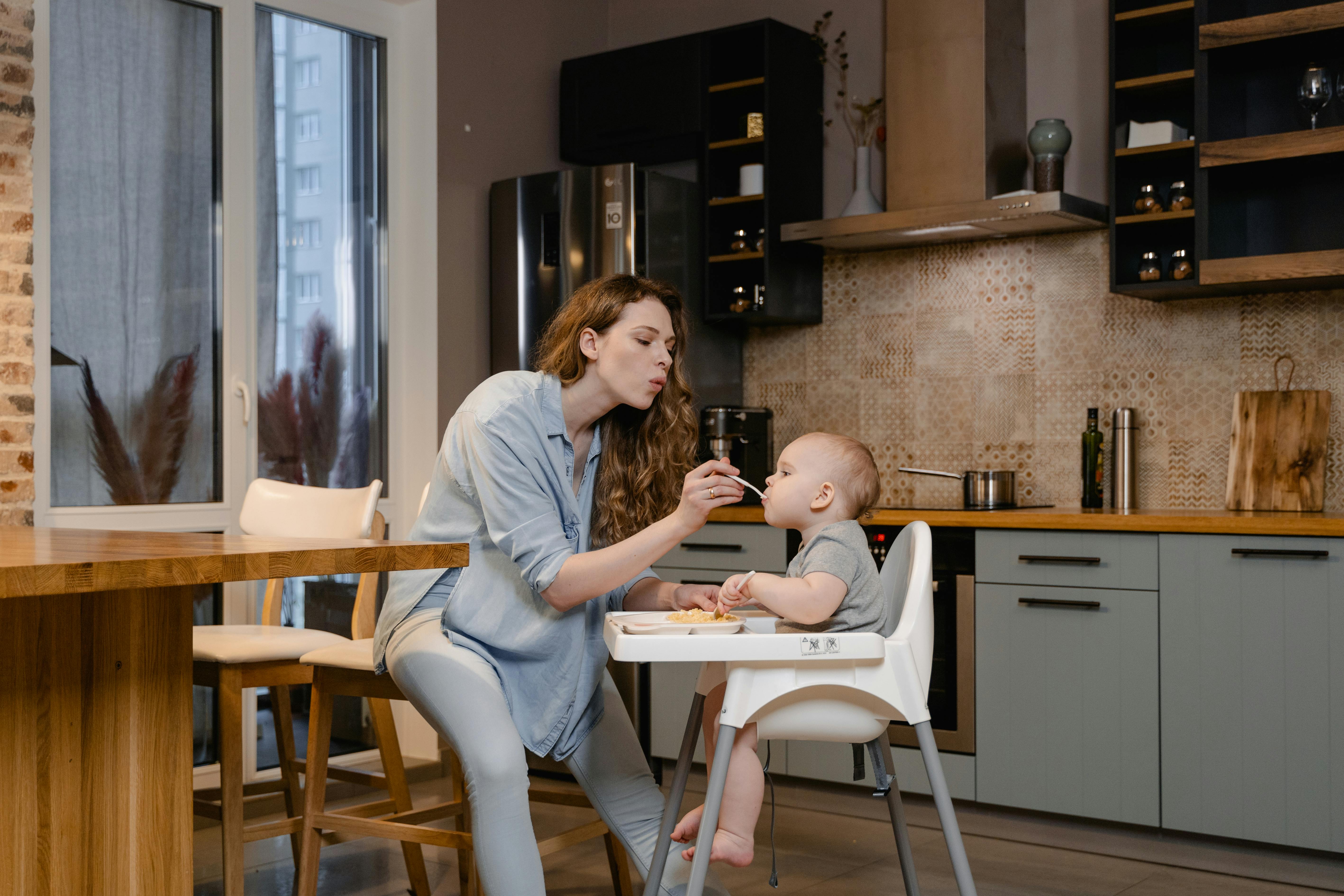
Can Swaddling Help in Getting Babies to Burp?
Swaddling can be a great way to help babies burp. Swaddling helps keep babies calm and comfortable, which can make it easier for them to relax and release any air bubbles that are caught in their stomachs. When swaddled, babies are also more likely to be on their backs, which can help with burping as well. Swaddling can also help keep babies warm and cozy, allowing them to focus on burping instead of being distracted by other things.
It is important to note that swaddling should only be done until the baby is able to roll over on their own. At this point, the swaddle should be removed as it can increase the risk of sudden infant death syndrome (SIDS). Also, it is important to make sure that the baby’s arms and legs are not tightly bound when swaddled so they can move freely.
If you are having difficulty getting your baby to burp after feeding them, then swaddling may be worth a try. It is a simple technique that has been used for centuries and could help both you and your baby get some much-needed relief from gas bubbles trapped in their tummies. Just remember to take off the swaddle as soon as your baby shows signs of being able to roll over on their own or if they become too hot or uncomfortable while being wrapped up.
Is It Possible for Babies Not to Need to Burp After Eating?
It is possible for babies not to need to burp after eating. This is because babies have an immature digestive system that is still developing. As such, they are able to digest the food more quickly, and therefore do not need to burp as much as adults do. However, some babies may still require burping in order to relieve gas and help with digestion.
Burping is a natural part of the digestion process, and it helps babies get rid of the air that can become trapped in their stomachs. If this air is not relieved, it can cause discomfort for the baby, so it is important that parents pay attention to their baby’s signs of discomfort and burp them if needed.
In general, if a baby does not need to be burped after eating, it should not be a cause for concern. However, it is important that parents monitor their baby’s eating habits and how they react after meals in order to ensure that they are getting enough nutrition and are digesting their food properly. If the baby is consistently not needing to be burped after meals or having any signs of discomfort or distress related to eating or digestion, then parents should consult with their pediatrician for further advice.
In conclusion, while some babies may not need to be burped after eating due to their immature digestive systems being able to digest food more quickly than adults’ systems do, all parents should pay attention to their baby’s eating habits and reactions afterward in order ensure proper nutrition and digestion.
Should You Worry if Your Baby is Not Burping After Eating?
Burping is a natural process that helps babies to get rid of excess air that can cause discomfort in their tummies. It is a common problem that babies don’t burp after eating, and usually it’s not something to be too concerned about. However, it’s important to be aware of the signs and symptoms of possible problems if your baby isn’t burping after every feed.
If your baby doesn’t burp after eating, they may be experiencing gas pains or colic. Colic can cause babies to become irritable and cry for long periods of time without any obvious reason. If your baby isn’t burping and they are also displaying signs of colic, then it may be helpful to keep a diary to help identify patterns or triggers for their discomfort.
It’s also important to ensure that your baby is being properly positioned while feeding and burping them afterwards. Make sure they are supported in a semi-upright position so that any excess air can escape more easily. It might take a few attempts but eventually your baby should be able to let out some air as they burp.
If you’re still concerned, then speak to your doctor or health care provider who can provide more advice and discuss any other possible causes of the issue. They may recommend further tests or medical treatments if necessary.
In general, it’s usually not something to worry about if your baby isn’t burping after eating as long as they appear content and are gaining weight normally. However, if the issue persists or you notice any other concerning symptoms then it’s best to seek medical advice from a professional.
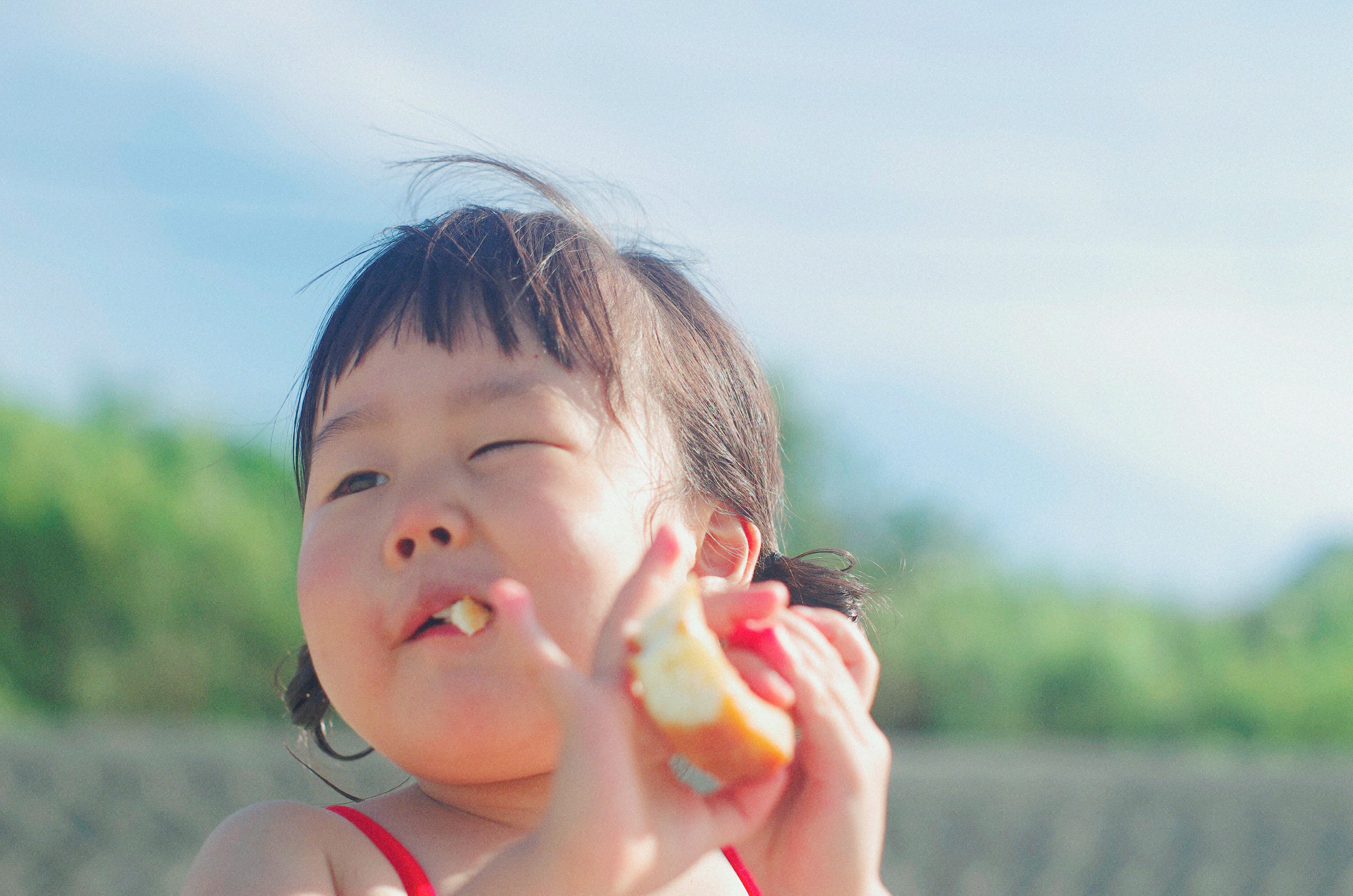
Conclusion
In conclusion, it is important to pay close attention to your baby’s signs and symptoms when they are struggling to burp. If your baby is having difficulty burping or not burping at all after eating, it is best to consult your doctor for further advice. They will be able to assess the situation more thoroughly and provide an accurate diagnosis and treatment plan. In some cases, the problem may be related to a medical condition such as gastroesophageal reflux disease or an allergy. It is also possible that your baby may have developed a new feeding pattern as they grow older and no longer require burping after meals. Whatever the cause of the issue, it is always best to speak with a healthcare professional for advice.
Ultimately, it would be best if you can find out what’s causing your baby’s difficulty in burping so that you can take the necessary steps towards ensuring their comfort during feeding time.

